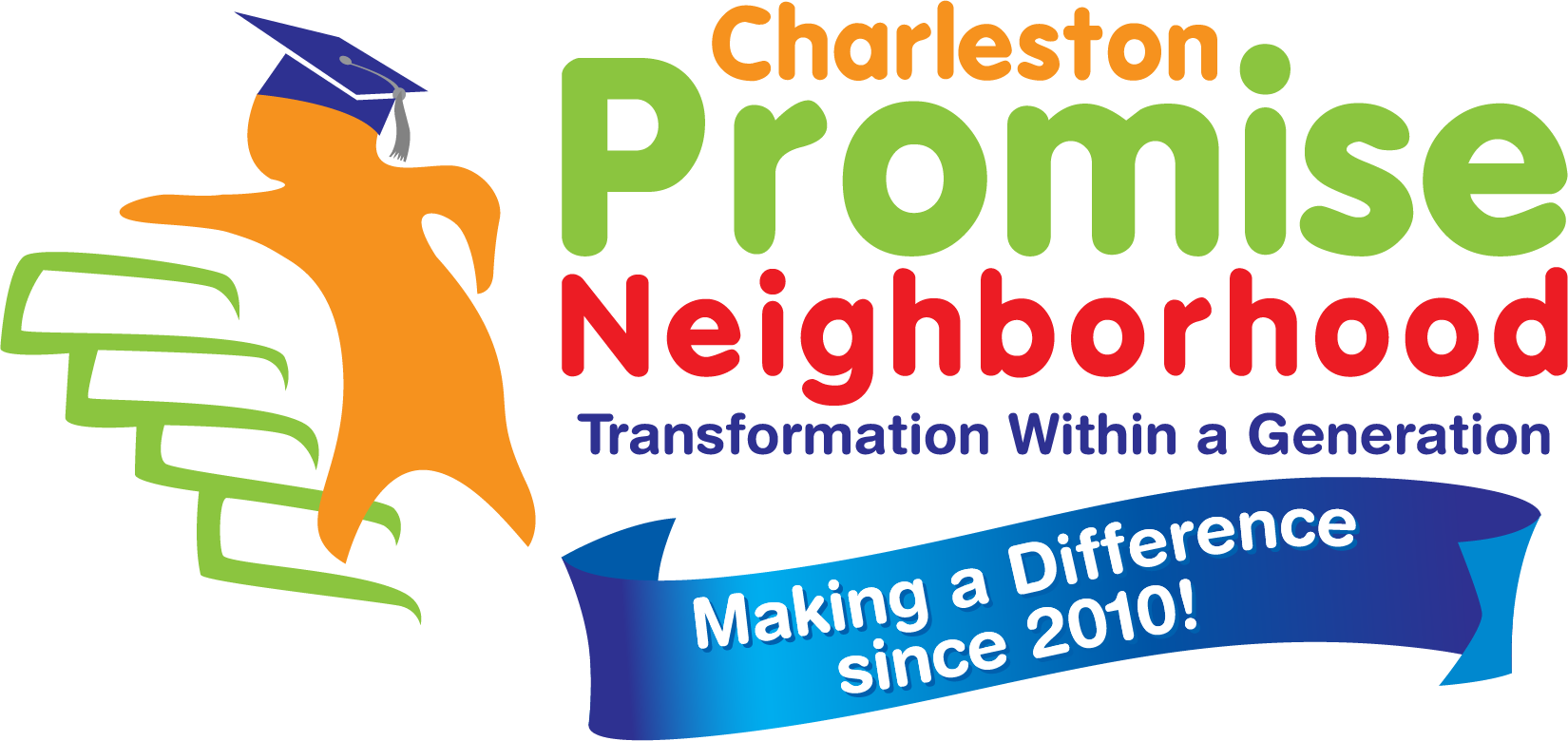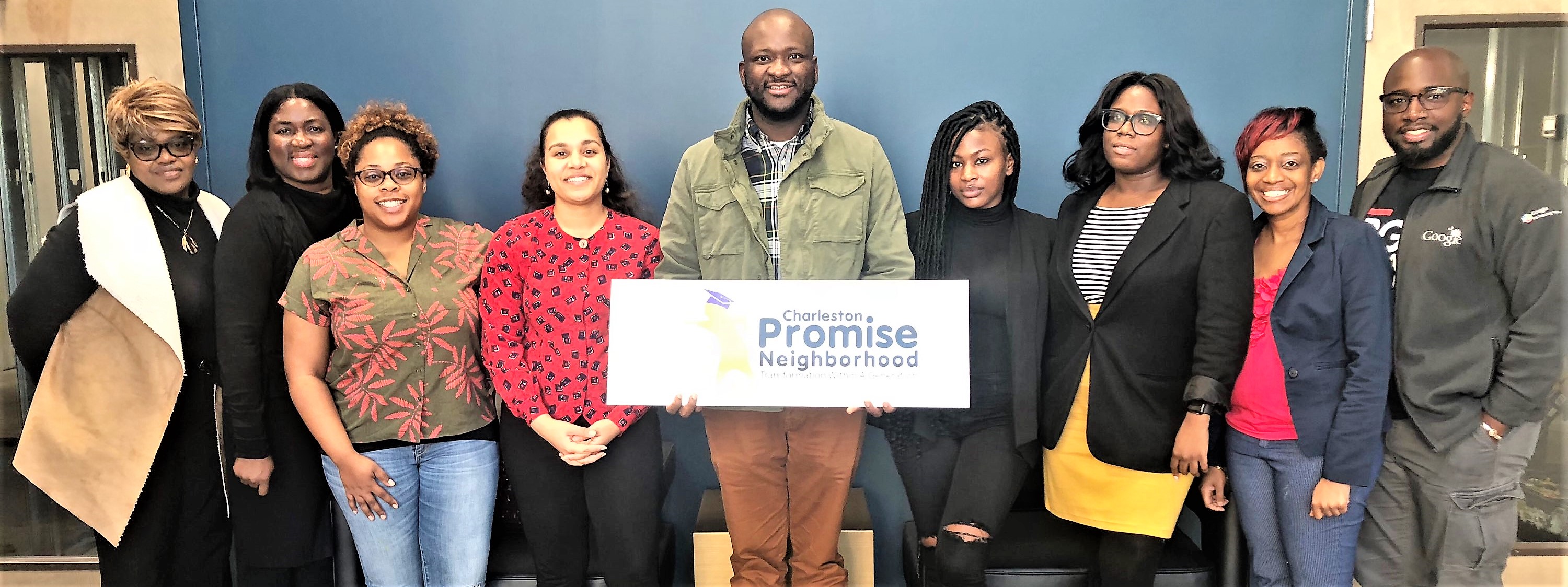This sounds like a joke, but I kid you not. I was visiting one of the four elementary schools in our Neighborhood last week, and had a quick chat in the hall with our amazing and committed Principal (names withheld to protect the innocent, and the guilty – read on and you’ll see why).
During our conversation, she mentioned that just last week, a Master’s degree candidate from an esteemed institution of higher learning asked to come onsite to spend time at the school to “prove” her Master’s thesis. Her hypothesis: Children who attend high-poverty Title I Elementary Schools are NOT able to learn. Yes, you heard me right. The Master’s candidate actually believed, when she walked in the door, that the children attending this Neighborhood school weren’t capable of learning.
So, I must admit, that in the heat of the moment (and this really is the stuff that makes my face and ears turn red)…the very next thing I said was, “I hope you didn’t let her in the school.” Thankfully, our gracious Principal was more welcoming than I might have been under the circumstances. She invited her to spend the day observing children doing exactly what she thought they couldn’t do – learning. And, by the end of the day (surprise, surprise) she had changed not only her mind, but hopefully her long-term outlook.
I wish I could say that this was an “outlier” or an unusual mindset that is far from normal, but instead I hate to tell you (and I really do mean hate) that this attitude is far more pervasive and insipid than we’d like to think.
In just the past two weeks, I’ve heard a potential investor tell me that she believes that investing in early childhood education could be just a waste of time because children in the Neighborhood have such issues outside of school that they will never be able to read at grade level. I’ve listened to a long-time community advocate say in a public meeting that he doesn’t believe that “our boys” in the Neighborhood will ever go to college so we should just “admit that fact” and teach them a trade instead. And, I’ve heard staff at several community-based organizations who serve Neighborhood children tell me that Ideal Elementary is um-well-perhaps, a bit too ideal and we shouldn’t be even pretending we can make that happen within a public school system.
Guess what? They’re right. Why? Because until we start setting high expectations and reaching for a future that together we CAN make reality, it won’t happen. Research shows that having a culture of high expectations is an essential ingredient for success in a high-poverty community. That’s why principals, teachers, parents and the community-at-large must believe that all children can achieve, succeed, and lead. We also must live it, breathe it, and model it every day.
- We believe that every child, regardless of socioeconomic status, deserves a high quality public education.
- We believe that every child grows stronger when we provide them with the tools to achieve amazing things, both in school and in life.
- We believe that expecting more means that we’ll get more – from principals, teachers, parents and students.
What about you?




